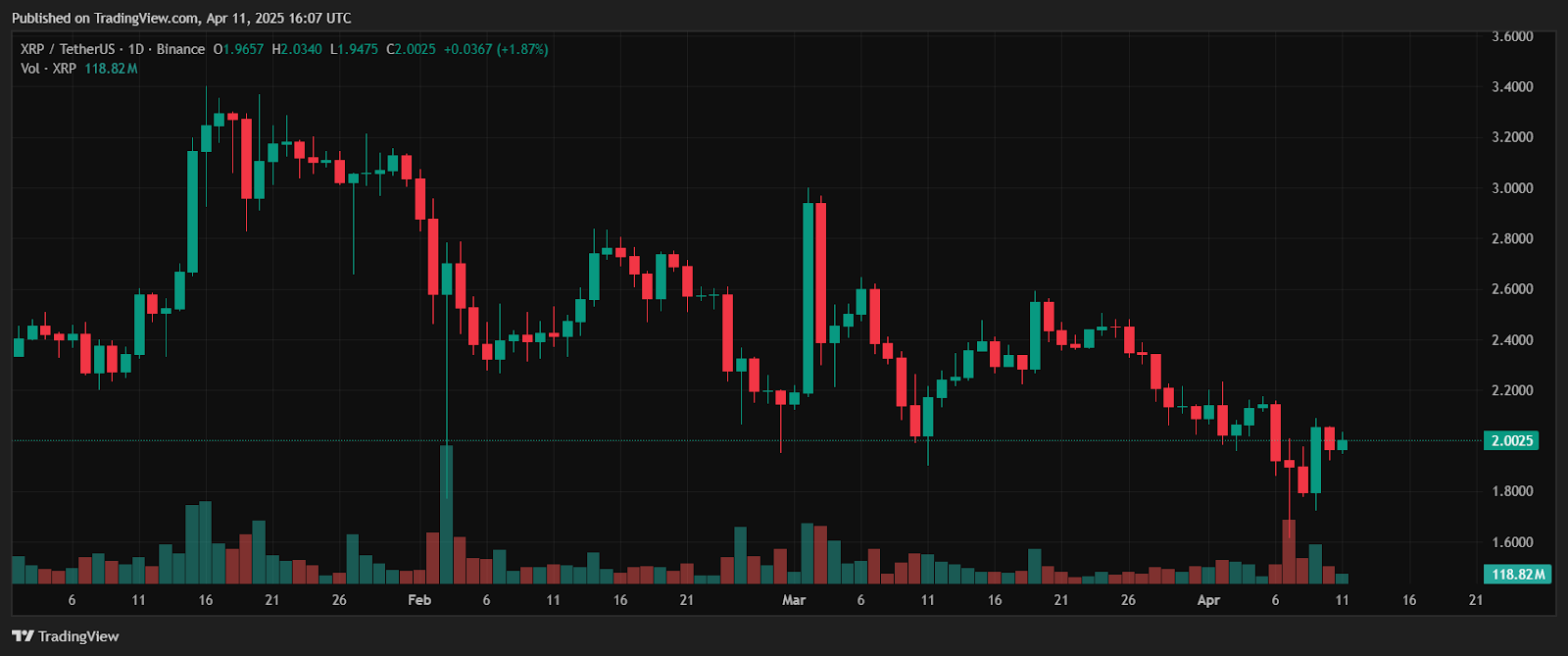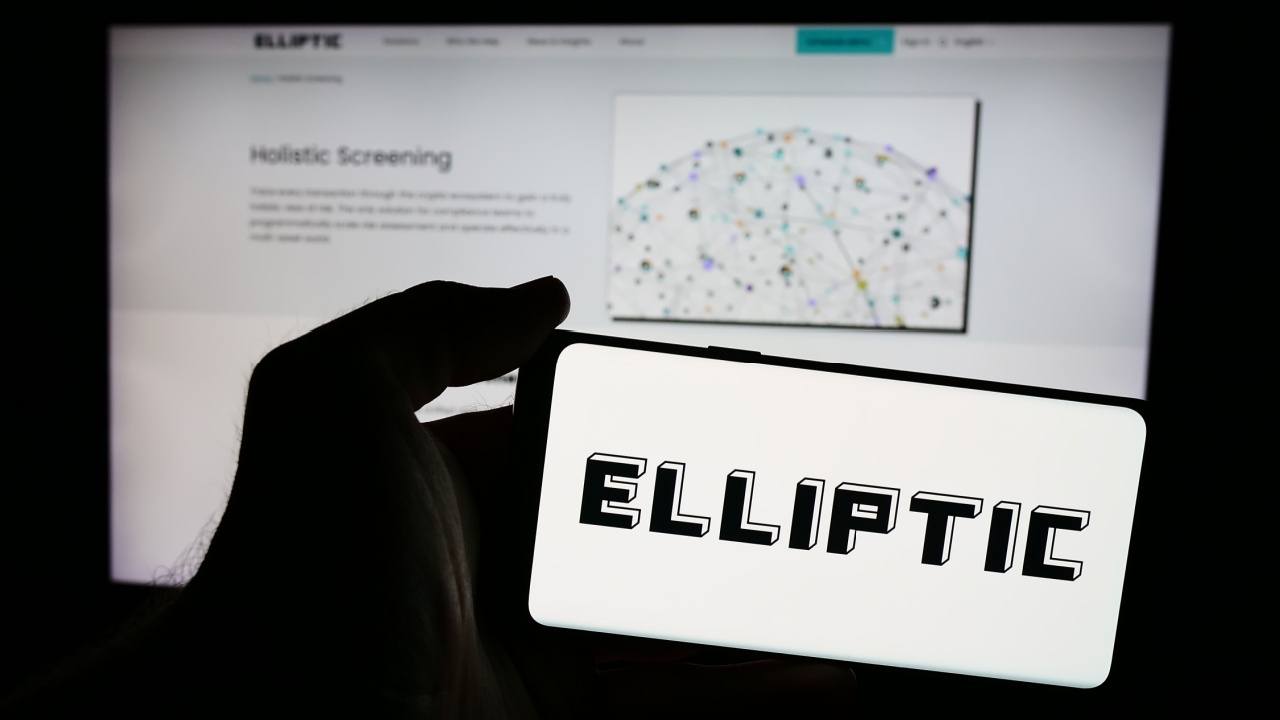 CaryptosHeadlines Media Has Launched Its Native Token CHT.
Airdrop Is Live For Everyone, Claim Instant 5000 CHT Tokens Worth Of $50 USDT.
Join the Airdrop at the official website,
CryptosHeadlinesToken.com
CaryptosHeadlines Media Has Launched Its Native Token CHT.
Airdrop Is Live For Everyone, Claim Instant 5000 CHT Tokens Worth Of $50 USDT.
Join the Airdrop at the official website,
CryptosHeadlinesToken.com
16h05
5
min read 
Since January 1st, 2025, the French real estate sector is entering a new era. The changes go beyond a simple revision of previous rules. They reflect a political will to strengthen ecological requirements and to adapt the tax framework to an uncertain economic context. The prohibition of renting energy-classified G housing, for example, embodies this priority given to energy transition. At the same time, significant fiscal upheavals, such as the end of the Pinel system or the postponement of the Zero Rate Loan, redefine the incentives for investors and households. Finally, the renewal of the “anti-Airbnb law” and the stability of notary fees complete this picture of reforms, where each measure shapes the delicate balance between the expectations of landlords, the needs of tenants, and environmental imperatives. These adjustments, far from being anecdotal, herald a profound transformation of the real estate market.


Towards a greener real estate portfolio
French real estate has taken a decisive step ecologically. From January 1st, 2025, energy-classified G housing will no longer be available for rent. This prohibition, included in the Climate and Resilience law, aims to eliminate the most energy-consuming properties from the rental market. “Energy-classified G houses will no longer be rented” specifies an official note, a measure aimed at reducing the environmental impact of the real estate portfolio and contributing to national climate objectives.
However, this reform poses major challenges for many property owners. Approximately 17 % of French housing is classified F or G, which means that thousands of households will have to undertake often costly renovation work to comply with the new requirements. Although the MaPrimeRénov’ system remains available to financially support these initiatives, its functioning in 2025 remains uncertain, as specific adjustments are still to be clarified. This lack of clarity could complicate planning for owners, limiting their ability to anticipate costs and timelines.
The fiscal reforms and economic implications
The French political scene, marked by tensions and upheavals, has greatly influenced the fiscal reforms initially planned for 2025. Thus, the removal of the Pinel system, effective since December 31, 2024, is one of the most relevant examples. This mechanism, which aimed to encourage rental investment in new properties, was an essential financial lever for many investors. Its disappearance leaves a significant fiscal gap, making real estate investment less attractive in certain sectors.
On top of this removal comes the postponement of the expansion of the Zero Rate Loan (PTZ), a measure intended to facilitate access to property. This delay particularly penalizes first-time buyers, whose projects are delayed or even compromised. Such a delay fits into a dynamic of revising budgetary priorities, where ecological urgency seems to have eclipsed other concerns.
On the other hand, certain legislations like the “anti-Airbnb law” have been confirmed despite government reshuffles. This measure, aimed at regulating short-term rentals, responds to criticisms that claim they contribute to the rise in rents and the scarcity of available housing for traditional tenants, especially in major cities. While it is welcomed by tenant associations, it raises concerns among owners who use this economic model as a source of supplementary income.
In this context of upheaval, a certain stability is still preserved. Notary fees, often considered a financial obstacle during real estate transactions, will not increase in 2025. This maintenance constitutes a reassuring point, albeit modest, within a real estate landscape in full reconfiguration.
The reforms introduced on January 1st, 2025, redefine the contours of the real estate market, which swings between constraints and new opportunities. On one hand, the ecological measures aim to make the rental portfolio more sustainable, but they impose significant investments on owners. On the other hand, fiscal adjustments, such as the end of the Pinel system and the postponement of the PTZ, reflect a desire to rebalance the market and limit certain levers of access to property. In the face of these transformations, it is fundamental that sector stakeholders adapt quickly to overcome immediate challenges and fully exploit the prospects offered by these new dynamics.
Maximize your Cointribune experience with our “Read to Earn” program! For every article you read, earn points and access exclusive rewards. Sign up now and start earning benefits.
Diplômé de Sciences Po Toulouse et titulaire d’une certification consultant blockchain délivrée par Alyra, j’ai rejoint l’aventure Cointribune en 2019.
Convaincu du potentiel de la blockchain pour transformer de nombreux secteurs de l’économie, j’ai pris l’engagement de sensibiliser et d’informer le grand public sur cet écosystème en constante évolution. Mon objectif est de permettre à chacun de mieux comprendre la blockchain et de saisir les opportunités qu’elle offre. Je m’efforce chaque jour de fournir une analyse objective de l’actualité, de décrypter les tendances du marché, de relayer les dernières innovations technologiques et de mettre en perspective les enjeux économiques et sociétaux de cette révolution en marche.
DISCLAIMER
The views, thoughts, and opinions expressed in this article belong solely to the author, and should not be taken as investment advice. Do your own research before taking any investment decisions.












